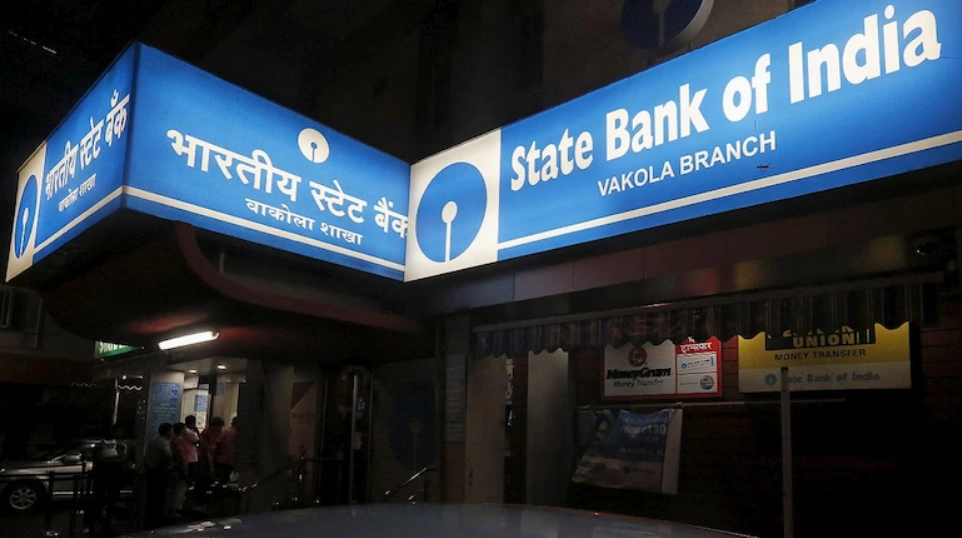What is the Full form of SBI?
SBI full form is State Bank of India. SBI is a multinational corporation and public sector financial institution. The bank holds a 23 percent market share in terms of asset base and a 25 percent market share in deposit and loan divisions, making it India’s largest statutory banking and finance institution.
Read Other Full Forms
SBI’s largest shareholder is the Indian government, which holds approximately 62 percent of SBI’s equity funds. It has over 24000 branch offices in India and approximately 200 offices in more than 30 countries internationally. Since approximately March 31, 2017, its assets have been valued at over $500 billion. The Indian banking sector held a market share greater than 20%.

History of SBI
- The bank was founded in 1806 as the Calcutta bank in order to provide Indians with essential banking services.
- After receiving its royal charter in 1809, the bank was renamed Bank of Bengal.
- The Bank of Bombay was founded in 1840, followed by the Bank of Madras in 1843.
- Together, these three banks were recognized as presidency banks.
- A single Presidential bank was run by private subscribers and provincial governments.
- During the time period of 1861, such banks were granted preferential rights to issue currency within the territory governed by India’s government.
- In 1921, the three banks came together and eventually merge. Later, it was renamed the Imperial bank of India.
- As time passed and the banking industry evolved, India’s Imperial Bank grew to become the nation’s largest corporation.
- In 1955, the Imperial Bank of India came under the joint control of the Indian government and the Indian reserve bank.
- With the implementation of the Subsidiary Bank Act’s regulations, these businesses became bank subsidiaries governed by the princely states.
- In order to reduce conflicts of interest, the Indian government purchased all shares of India’s State Bank from the Reserve Bank of India in 2007-2008.
- The RBI, which was later merged with the function of a central bank, assumed responsibility for banking supervision and regulation.
Operations of SBI
- It offers an extensive selection of banking products and services.
- It accepts deposits from the general public and institutional depositors.
- It provides loans to businesses that SBI deems deserving of funding.
- In addition, it sells and buys gold.
- It will represent the cooperative bank of India and the Reserve Bank of India.
- It solicits and sells foreign currency transactions.
- It assumes the roles of the administrator of state property and board member.
- It is not permitted to purchase immovable property; only buildings for official commercial purposes may be purchased.
- It has no authority to rediscount the bills. Two valid signatures are required for payment.
Services provided by the SBI
SBI provides varied services in numerous categories.
- Agricultural/ Rural banking
- Commercial Banking
- Personal Banking
- Other services include NRI Services, SME International Banking, and Corporate Banking.

